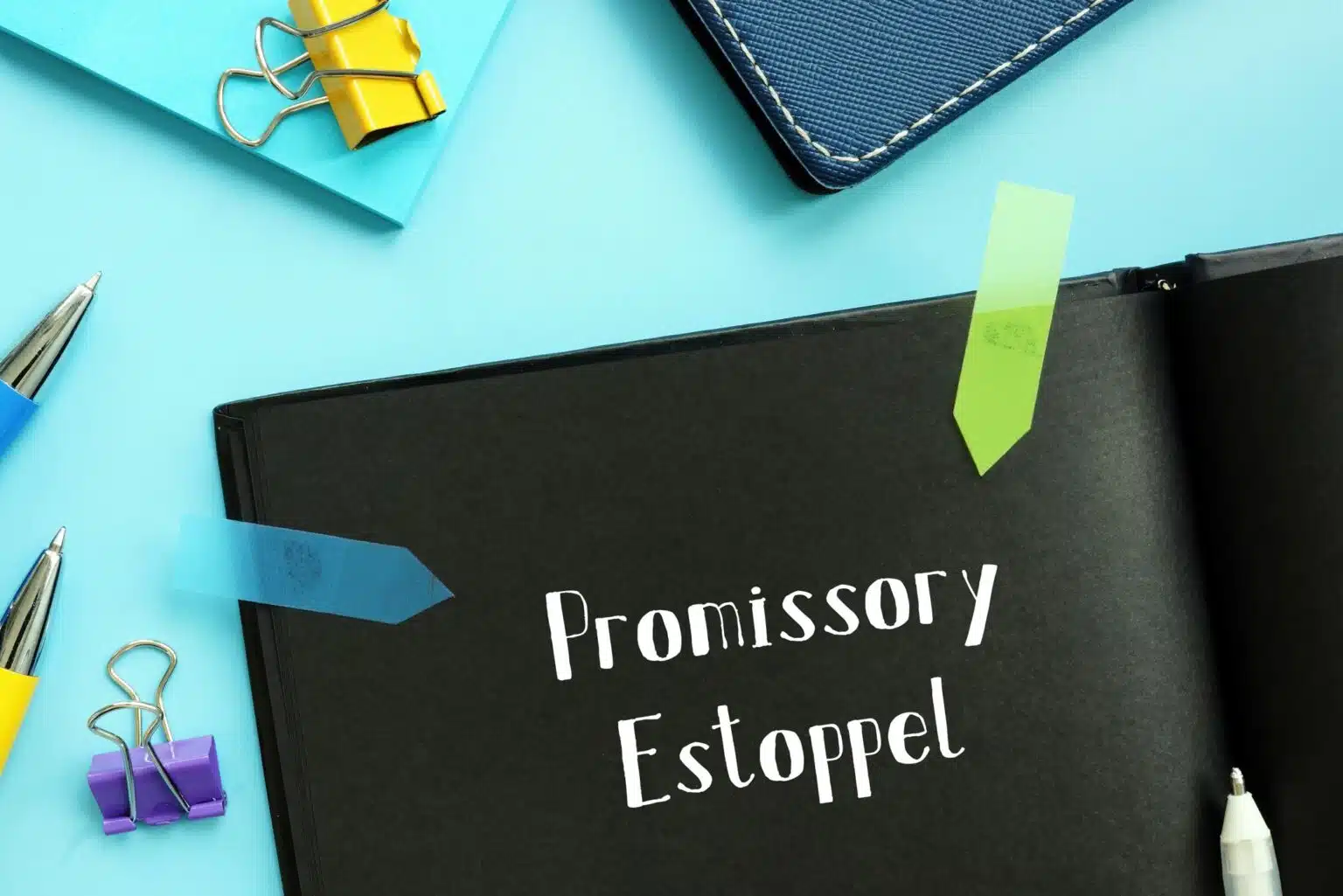A Full Judge Bench of Odisha High Court held that appellant knew about the fact of failure and still continued with her Higher Qualification, hence doctrine of Promissory Estoppel shall not apply. The Court was hearing a Reference made by a Division Bench.
Table of Contents
Background
The appellant had appeared for her Intermediate Exam in 1996 wherein, she failed in two subjects i.e., English and Education. She received the marksheet herself and was aware that she had failed in two subjects, still she filled the compartment for only one subject i.e., English and passed in the subject but she had not received her original passing certificate from The Council of Higher Secondary Examination (CHSE).
She graduated from Panchayat Samiti College, Jharbandh where due to some reason the College did not ask for her passing certificate from the CHSE. But, afterwards when she went to the college to receive her Original Passing Certificate, the Principal of the College asked her to present her passing certificate from the CHSE and only then would she be eligible to receive her Original Passing Certificate for her graduation.
She then applied to the CHSE to issue her passing certificate of her +2, the officer issued a receipt stating that she had failed in one ‘Education’ subject. Hence, she filed a Writ Petition in the Court praying to issue a mandamus on the CHSE to issue her the passing certificate.

A Single Judge Bench disposed of her Writ Petition declining to issue mandamus on the CHSE, stating that the Appellant despite knowing that she had failed in the subject continued to sit for her higher qualification. The Judge also observed that even if any mistake has been made by the authority, the CHSE should allow the Appellant to sit for her compartmental examination.
Still aggrieved by the decision, the appellant went in Appeal before the Division Bench of the High Court while relying on the case of Nrusingha Charan Panda v. The Secretary, Board of Secondary Education (Orissa HC 1992), in which principle of promissory estoppel was applied on the ground of lack of knowledge. However, the Division Bench of the Odisha High Court did not agree with the contention of the appellant and had reservations about the correctness of Nrusingha Chandra Panda (Supra) and hence, referred the same to a larger bench of the same court.
Analysis by the Court
The Larger Bench of the Odisha High Court, presided by Chief Justice Dr. S. Muralidhar, Dr. Justice Sanjeeb Kumar Panigrahi and Justice Murahari Sri Raman , analyzed the issue of ‘knowledge’ in light of doctrine of Promissory Estoppel. The court, in Nrusingha Chandra Panda (Supra), had applied the principle of estoppel after holding on facts that (a) he had no knowledge of the failure and (b) the mistake lay on the part of the authorities.
However, the 3 Judges Bench while deciding this Reference, relied on two cases decided by the same court just 6 months after Nrusingha Chandra Panda (Supra), namely Miss Reeta Lenka v. Berhampur University and Biswanath Tarai v. Utkal University.
While deciding the above two cases the Court had relied on judgment of the Supreme Court in Chhaganlal Keshavlal Mehta v. Patel Narandas n Haribhai (1982 SC) wherein it was held that one of the requirements of applicability of the principle of estoppel is the person concerned must show that he was not aware of the true state of things or that he had no means to know the same. Handing over the marksheet in itself is enough to show that the appellant had means of knowledge.
In the present case, the appellant knew that she had failed in her ‘Education’ subject, hence while dismissing the Writ Appeal filed by the appellant the 3 Judges Bench also declared that Nrusingha Chandra Panda (Supra) no longer holds good in law.












